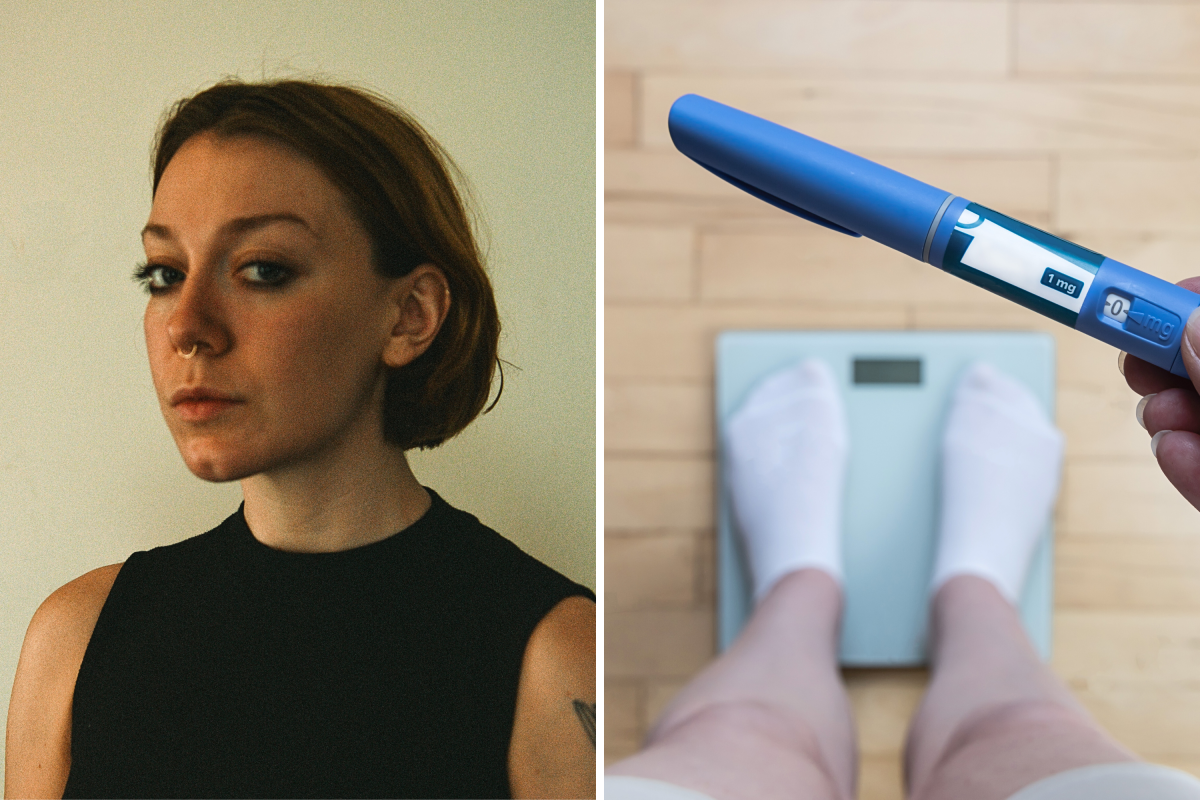What if a single drug could rewrite the standards of beauty that society holds dear?
That's the provocative question posed by Nina King, a 27-year-old Ph.D. student whose theory on the cultural impact of Ozempic—a weight-loss drug developed to treat type 2 diabetes—has gone viral, amassing 6.4 million views and igniting a firestorm of debate among viewers online.
King took to TikTok on November 18 to suggest that Ozempic's growing popularity and projected accessibility could upend thinness as the ultimate beauty ideal—a shift driven by economics.
Drawing parallels to the 17th-century spice trade, she walked her digital audience through the "snob effect," where demand for goods by the wealthy, or the ruling class, diminishes after it becomes widely available.
"I have a theory about how the increased accessibility of Ozempic is going to lead to a complete reversal of modern beauty standards," King, who is based in New England, said in the 3-minute-long post. "I got there from thinking about the 17th-century spice trade."
She told Newsweek: "When I post my theories and opinions online, it is not because I think I am unequivocally correct. I always try to lead with curiosity and keep my mind flexible."
When spices became commonplace in Europe, flavorful food became the fancy of the lower class while the upper classes shifted their focus to keeping their food warm. Similarly, whenever food was scarce, physical plumpness was desired to signify wealth.
Today, in a world of affordable, calorie-dense processed food, thinness has become the marker of affluence thanks to the cost of gym memberships, dietitians and organic produce.
According to King, thinness could lose its status-symbol appeal if Ozempic becomes affordable for the masses.

Ozempic and similar drugs like Wegovy have captured public attention for their dramatic weight-loss results. Initially approved to manage type 2 diabetes, these GLP-1 receptor agonists gained traction in 2022 after reports of celebrity use.
However, the buzz is tempered by concerns over health risks, including gastrointestinal side effects, rapid muscle loss, and the potential for misuse. Taking a dosage too high could result in seizures and hospitalization.
Dr. Cynthia Edwards-Hawver, a licensed psychologist, sees darker implications in Ozempic's popularity.
"I worry about the rise of anorexia as this drug becomes more accessible," Edwards-Hawver told Newsweek. "Once weight drops below a certain level, the brain's obsession with losing more kicks in, even when severe health risks, like heart failure, are present.
"We worked so hard to embrace body positivity, and now it feels like we are regressing to a dangerous thinness ideal."
As Ozempic's cost is expected to drop significantly by 2025 due to Medicare price negotiations, King believes the ripple effects could be swift.
"Very soon, Ozempic is going to be much more accessible to the average consumer, and so, when we conceive with the snob effect, when the working class has access to the thin beauty standard in great numbers, I think that the beauty standard is going to change rapidly in accordance," King, who is focusing her English Ph.D. on women's fitness through a social and cultural lens, said.
"In what direction? I don't know, but I would put money on the fact that whatever is going to be desirable in the future, it is going to be expensive to maintain."
Away from its future cultural impact, plastic surgeon Dr. Michael Baumholtz echoes Edwards-Hawver's concerns about the drug's current popularity.
"The pendulum is swinging from body positivity to a narrow focus on thinness," Baumholtz told Newsweek. "While these transformations can boost confidence, they risk reinforcing homogenized standards tied to celebrity aesthetics.
"I have seen patients pursue rapid weight loss with GLP-1 drugs, only to seek surgical refinements for loose skin or irregular contours."
Similarly to Edwards-Hawver, Baumholtz says this can create an unhealthy feedback loop.
We are still in the early days of this transformation," Baumholtz added. "But one thing is clear: the hype around these drugs is already redefining beauty and raising important questions about how we value diversity in body types."
King leaves the conversation open-ended, reflective of her own approach. The English student-turned-content creator does not pretend to have all the answers, but she does assert that beauty standards will always mirror the dynamics of power and privilege.
"The hype around these drugs is very real, and it is transforming the conversation about weight, health, and beauty," Baumholtz said. "We will see how it all plays out."

















:quality(85):upscale()/2024/04/24/878/n/3019466/36c5693c662965c5d1ce91.72473705_.jpg)


 English (US) ·
English (US) ·